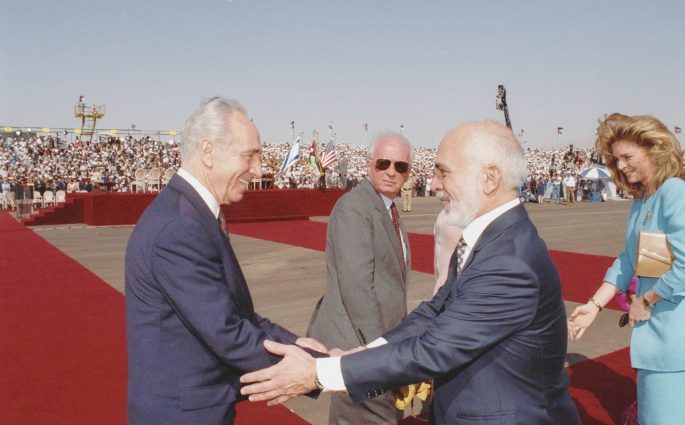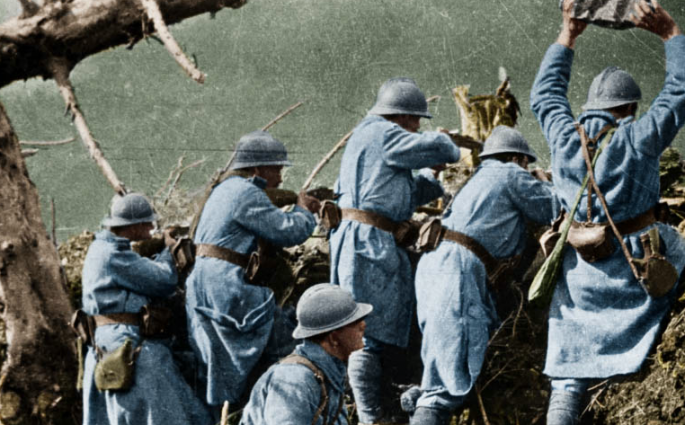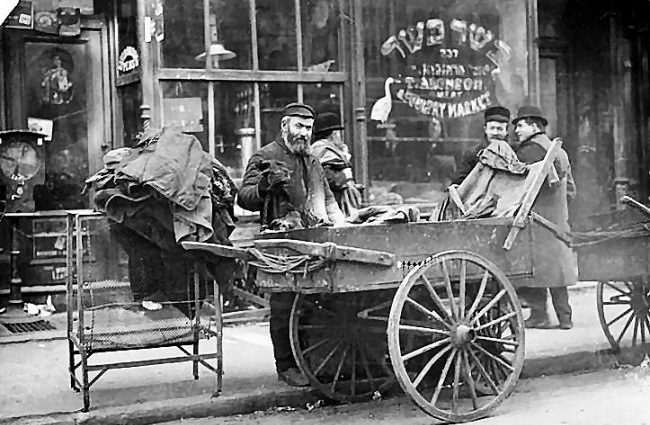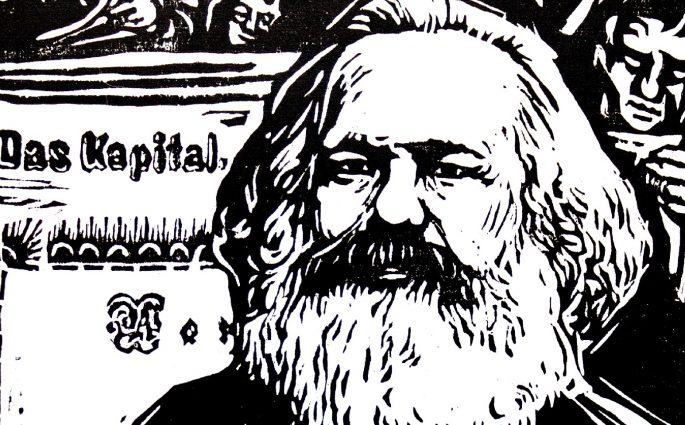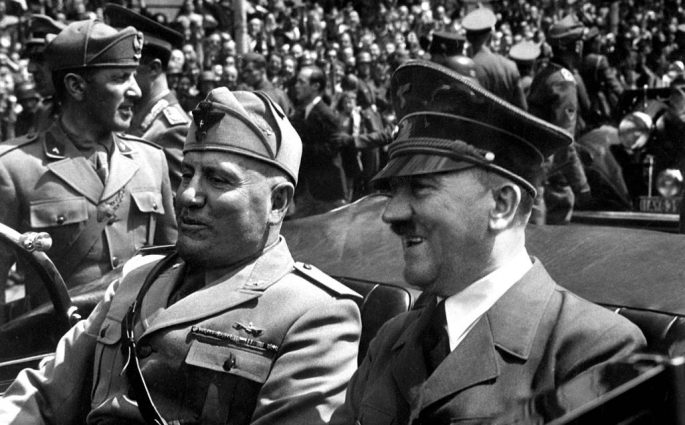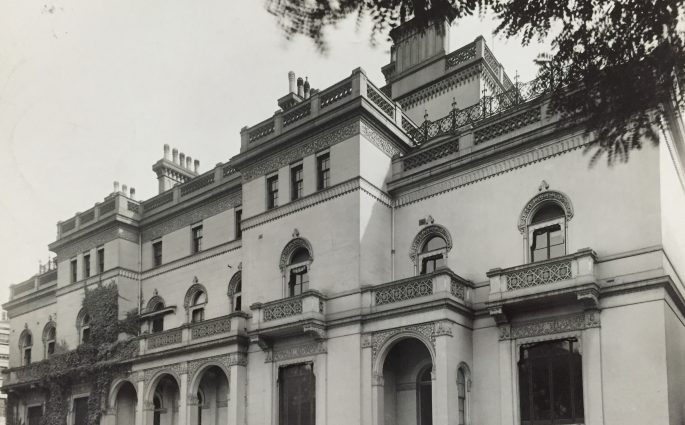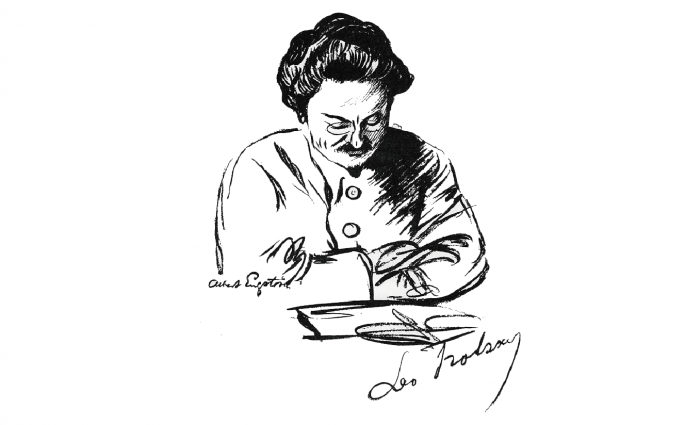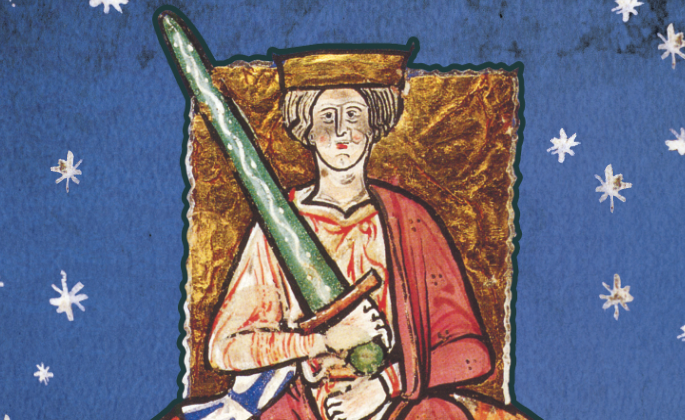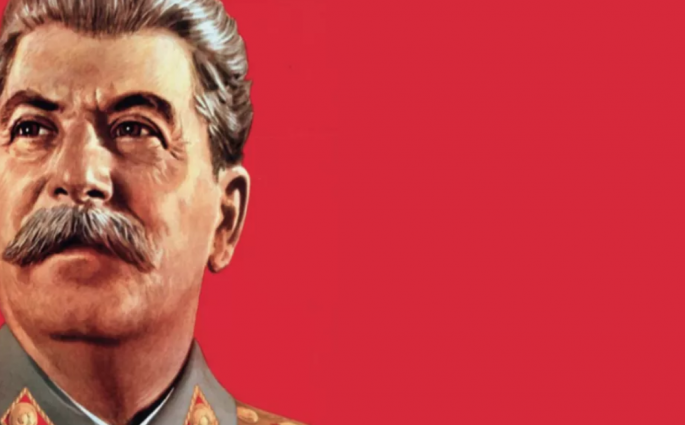Rabin’s Peace Policy
Itamar Rabinovich— On July 26, 1994, Prime Minister Rabin and King Hussein spoke to a joint session of the U.S. Congress, and on July 30 they signed an agreement in Washington ending the state of war between Jordan and Israel. It was an interim step leading the way to a

